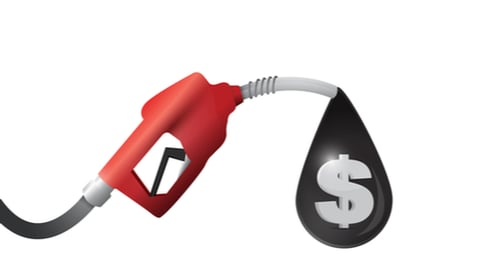Ontario government revives gas-and-dash Bill
After a few bumps along the way, on March 29 MPP Deepak Anand brought to life a new Bill designed to protect workers and prevent gas-and-dash thefts in Ontario.
This is the MPP's second attempt to bring this legislation to life. His original Bill 231, Protecting Ontarians by Enhancing Gas Station Safety to Prevent Gas and Dash Act, was introduced in 2020.
It received unanimous consent, passed a second reading and was supposed to be referred to Ontario’s Standing Committee on Social Policy, however this was halted when the legislative session collapsed in the fall of 2021.
Since then, the industry has been working hard to get it back on the agenda, particularly with rising fuel prices and crime.
READ: Police, convenience store industry prepare for gas thefts as prices continue to rise
“We will finally see prepay at the pumps in all gas stations in Ontario when this reintroduced Bill gets government approval in the near future,” says Dave Bryans, president of the Ontario Convenience Stores Association. “Safety of our employees and customers has been our #1 priority.”
This new Bill 88 - 'Protecting Ontarians by Enhancing Gas Station Safety to Prevent Gas and Dash Act 2023' - was introduce March 29. It still has to go through a second and third reading, then will come into force on the day it receives Royal Assent.

Bill 88
"Once passed, this bill will provide workplace safety to gas station owners and employees & protect innocent bystanders from risk of gas thefts and drive offs," says Bryans. "The OCSA has been the driving force of this Bill in conjunction with the Chiefs of Police Association and pleased to see the support of all parties at Queens Park."
Bryans says the legislation will go a long way in eliminate small business losses, while freeing up police services in the province.
Several provinces, including Alberta and British Columbia, already mandate pre-pay at the pump. Earlier this year, the Board of Police Commissioners in Prince Albert, Sask. recommended a new gas-and-dash bylaw following high volume of fuel theft complaints
While most gas stations offer the option to pay at the pump, benefits of mandated pre-payment include:
- Preventing potential injury to retail associates and employees.
- Preventing theft for retail owners who are relying on the small margins they require to earn a livable wage.
- Relieving the burden on law enforcement which has limited capacity to assist in “gas-and-dash” cases.






